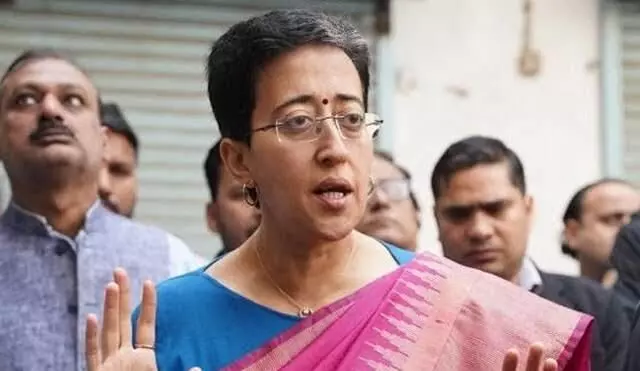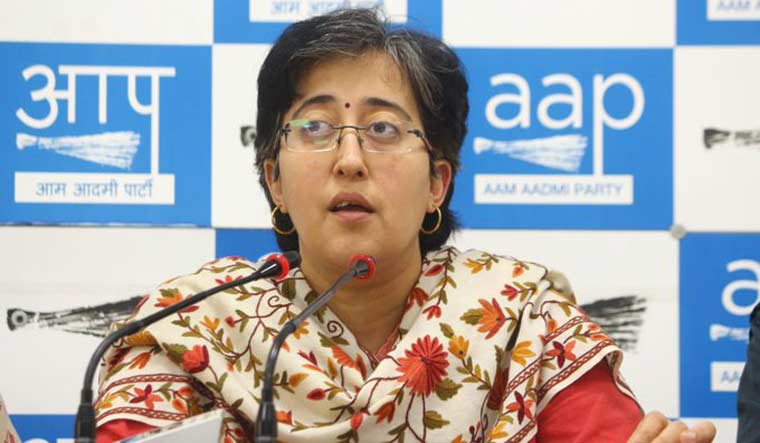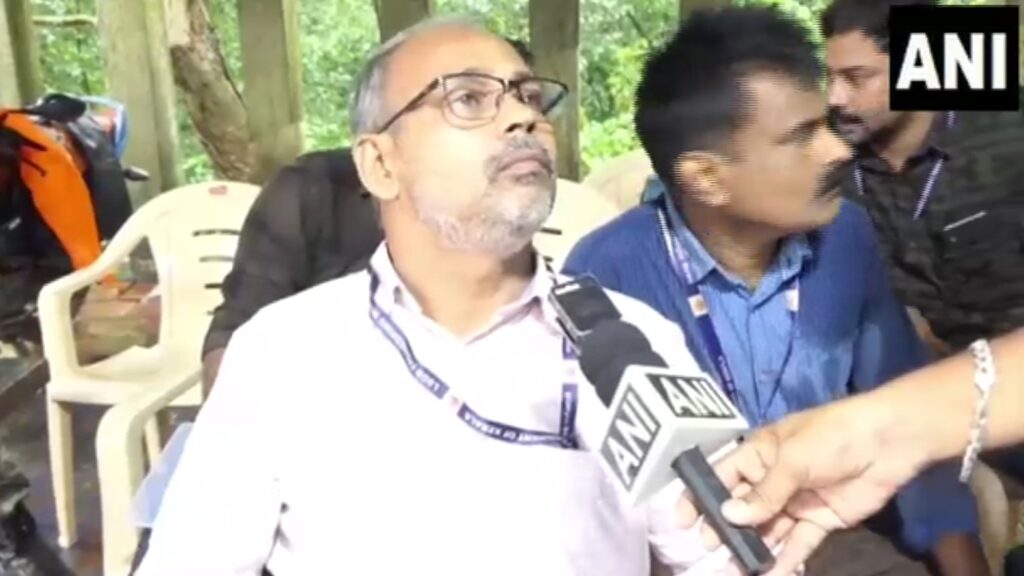Why Were Notices Issued to Atishi and Other AAP MLAs?
The Delhi Assembly Secretariat has issued formal notices to Atishi—a senior AAP leader and Delhi Minister—along with several AAP MLAs, accusing them of violating the confidentiality of the General Purposes Committee (GPC). The GPC is a high-level, closed-door body responsible for administrative and procedural matters within the assembly, and its meetings are protected under strict secrecy norms.
According to the Secretariat, Atishi and her colleagues allegedly disclosed information from a recent GPC meeting, including deliberations about assembly functioning and party positions. The issue has sparked legal and political questions about the balance between transparency and institutional protocol, and whether AAP members breached legislature decorum for political mileage.
What Is the General Purposes Committee and Why Does Confidentiality Matter?

The General Purposes Committee (GPC) is a key committee in the Delhi Assembly, comprising senior members from all parties. It discusses sensitive legislative and procedural issues, including internal conduct, scheduling, administrative decisions, and sometimes matters involving privilege or disciplinary action.
The GPC operates under confidentiality rules similar to parliamentary conventions. Members are bound not to publicly disclose what transpires inside these meetings, as the goal is to allow frank, non-partisan dialogue on assembly affairs. Breaching this confidentiality is considered a serious procedural violation and can lead to disciplinary action, including censure or suspension. The Assembly Secretariat claims that AAP MLAs violated these rules by publicizing or referencing GPC meeting content, thereby undermining the sanctity of legislative processes. The notices demand an explanation from those involved, including Atishi, who is a prominent face of the AAP in Delhi.
How Has AAP Responded and What Happens Next?
While the notices have been formally served, AAP leaders are expected to respond during the next legislative session or via written submission. So far, AAP has not issued a detailed public statement, but party insiders suggest that the information disclosed was in public interest and related to alleged bias in Assembly operations.
This dispute highlights a broader political tension within the Delhi Assembly, where AAP holds a majority, but ongoing conflicts with the LG-appointed bureaucracy and opposition parties often trigger procedural deadlocks.
Depending on the response, the Assembly may initiate further steps—such as referring the matter to the Privileges Committee or imposing symbolic or real penalties on the MLAs found guilty of breaching GPC rules. The incident also raises important questions: Should closed-door legislative discussions always remain private? Or is transparency in governance a higher priority in a democracy? As this matter unfolds, it adds another layer of legal and political complexity to the AAP-led Delhi government’s ongoing tussles with both the Assembly machinery and central institutions.





















